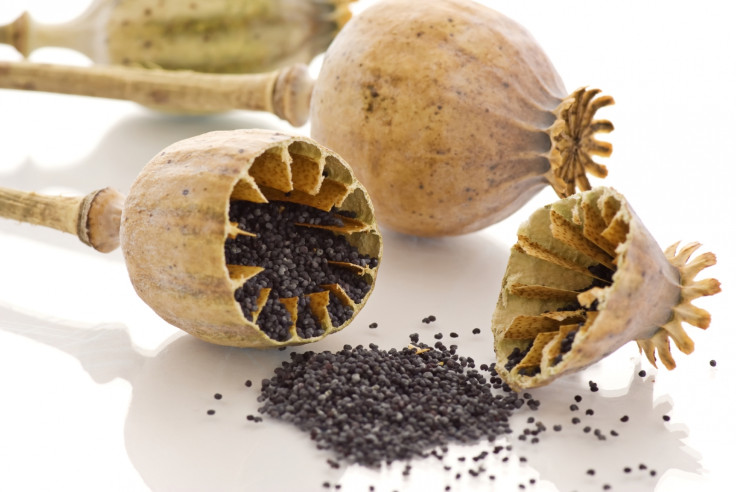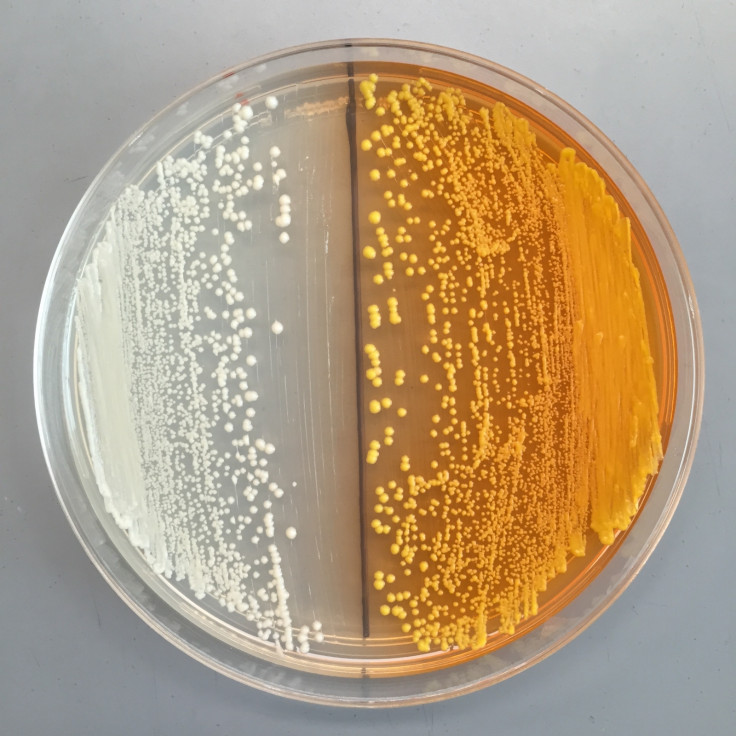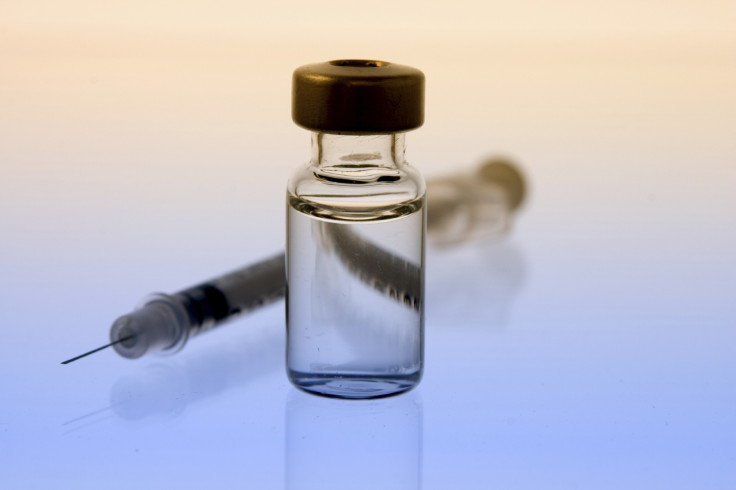Home-brewed morphine from sugar should ring alarm bells for drug regulators

Scientists have created morphine from sugar by brewing yeast which could lead to large-scale and low-cost opioid production – and the risk of home-brewed drugs.
Led by a team from the University of California, Berkeley, researchers turned sugar-fed yeast into a microbial factory to produce morphine – a feat that has challenged scientists for the last 10 years.
Morphine and other opioids have been used for pain relief for centuries but because their molecular structure is so complicated, researchers have always had to manufacture them from compounds found in plants like poppies rather than producing them themselves.
Previously, scientists had been working on replicating a complicated chemical pathway in the poppy plant to enable production of drugs. However, while they have recreated later sections of the drug pathway, the final steps allowing a single organism to perform the task had remained elusive.
The Berkeley team managed to replicate the early steps of the pathway through an engineered strain of yeast, through which they could synthesise the poppy compound from a form of glucose.

This means that like the fermentation of alcohol from sugar-fed yeast, scientists will be able to convert sugar into morphine. One more final step is now required to bridge the two pathways.
Bioengineer John Dueber said: "What you really want to do from a fermentation perspective is to be able to feed the yeast glucose, which is a cheap sugar source, and have the yeast do all the chemical steps required downstream to make your target therapeutic drug.
"With our study, all the steps have been described, and it's now a matter of linking them together and scaling up the process. It's not a trivial challenge, but it's doable."
However, authors of the study – published in the journal Nature Chemical Biology – have warned that the discovery will speed up the potential for home-brewed drugs and call for lawmakers to stay abreast of developments.

"We're likely looking at a timeline of a couple of years, not a decade or more, when sugar-fed yeast could reliably produce a controlled substance," said Dueber.
"The time is now to think about policies to address this area of research. The field is moving surprisingly fast, and we need to be out in front so that we can mitigate the potential for abuse.
"Once the knowledge of how to create an opiate-producing strain is out there, anyone trained in basic molecular biology could theoretically build it."
In a commentary related to the study published in Nature, Tania Bubela, professor in the School of Public Health, said anyone with access to the yeast strain and basic fermentation skills could grow the drugs from a home-brew beer making kit.
She said proactive regulation of the technology is extremely important: "With all the signs that synthetic biology is coming of age, this type of responsible conduct is imperative."
© Copyright IBTimes 2025. All rights reserved.






















